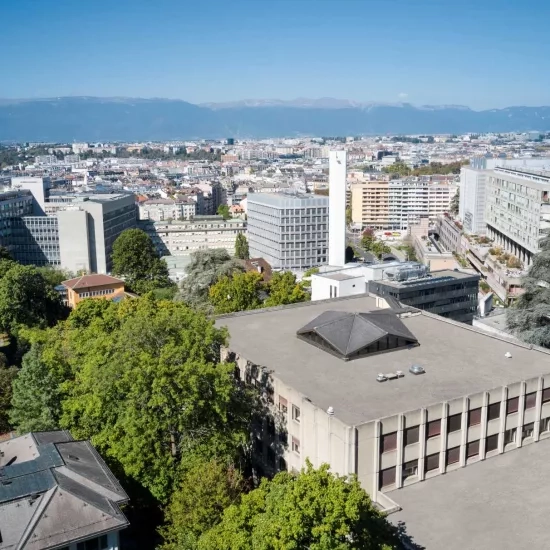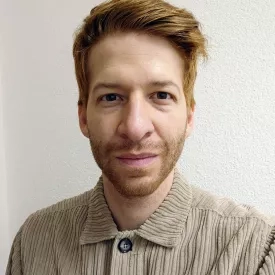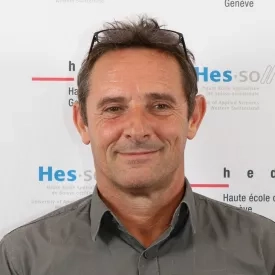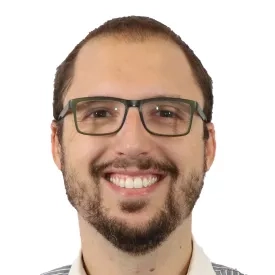Students at HEdS-Geneva benefit from innovative, state-of-the-art teaching methods.
The Interprofessional Simulation Centre, founded by HEdS-Geneva and the Faculty of Medicine, provides an optimal learning environment for students from all five health degree programmes and future doctors. It enhances interdisciplinary collaboration and communication through:
- Jointly developed clinical scenarios
- Standardised patients (trained actors simulating real patients)
- High-fidelity mannequins
The SimRad platform, a radiology simulation facility located within HEdS-Geneva, enables students to develop practical skills specific to radiology using state-of-the-art equipment in a setting that closely mirrors real-life practice.
Focus Areas in Medical Radiology Training
The Medical Radiology Technology programme is structured around the three main areas of radiology practice:
- Radiodiagnostics
- Nuclear medicine
- Radio-oncology
The programme places a strong emphasis on developing expertise in radiation protection.
Study Programme and Teaching Methods
The curriculum alternates between theoretical instruction and practical training.
Courses are delivered by faculty members as well as external professionals, including:
- Medical Radiology Technologists
- Doctors
- Physicists
- Psychologists, among others
Key Topics Covered
- Diagnostic and interventional radiology
- Functional and therapeutic radiology
- Radiation protection and medical imaging
- Medical sciences
- Human and social sciences









